 |
|
|
|
|||||||||||
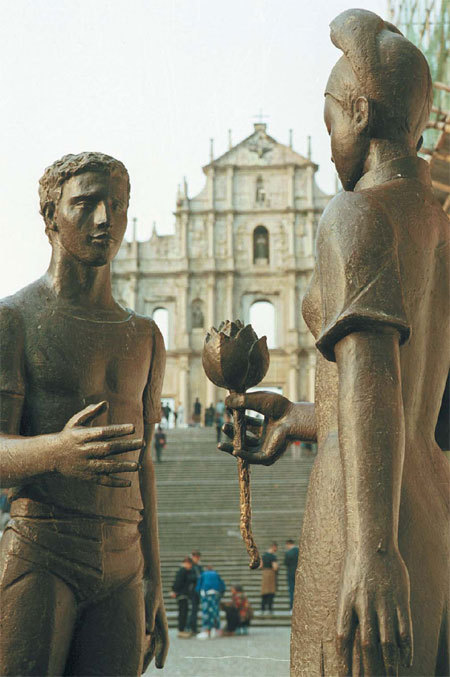 |
Macao's art and culture advocates are hedging their bets that the world will begin to see it as much more than a gaming enclave. Rebecca Lo explores the fringe as well as mainstream institutions.
A dozen years after Macao's handover from Portuguese rule, its economy shows no signs of slowing down. In 2006 it surpassed Las Vegas as the biggest casino revenue hub on earth. Sands China is set to open the first phase of Sands Cotai Central in April. Cotai Central adds a mass-market casino and separate VIP tower across the street from Sands' Venetian and Four Seasons complex on the reclaimed land between Taipa and Coloane known as the Cotai Strip.
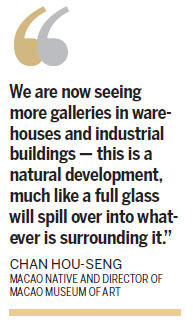 |
With big bucks invested to dazzle, it may be difficult to see beyond the playboy lifestyles and neon-encrusted windowless casinos.
Yet a parallel universe exists and it is the one that most Macao people live in.
On Dec 20, Macao's Cultural Affairs Bureau mounted its first citywide parade celebrating its Latin heritage to coincide with the 12th anniversary of its handover.
Its route began at the historic ruins of St. Paul's Cathedral and ended in a street party at Tap Seac Square complete with light show, music and dance.
"We contacted Latin countries like Mexico and Portugal to see if they wanted to participate," notes Stephen Chan, vice president with the Cultural Affairs Bureau. "Alongside mainland Chinese cultural performers, we showcased local acts. It was the first time we used the Latin angle and it turned out to be a good platform for illustrating Macao's relationship to other Latin cultures. I hope that it becomes an annual event."
Many see the handover and the subsequent lifting of the SJM's gaming monopoly as the catalyst for the enclave's current boom. Yet Macao's casinos have existed in some form for over a century. The difference is packaging.
When SJM opened the Lisboa Hotel in 1970, it was the city's first Vegas-style casino. Prior to that, small houses on streets like Rua da Felicidade near the Inner Harbor's ferry pier catered to tourists and sailors in town for a good time.
Casinos and brothels were synonymous. Ho showed the city for the first time that gaming can also be glamorous.
|
||||
A civil servant with the Cultural Affairs Bureau since 1993, Chan recalls the days when tickets were freely handed out to prestigious concerts - and venues remained nearly empty.
"Portuguese was our working language," explains Chan. "Communication with the local community was limited. The majority of Macao's population didn't understand Portuguese. There may have been a lot going on. But the Chinese majority didn't see the events reflecting their culture.
"If a Chinese person walked by an arts poster, he couldn't relate to it. Culture did not filter down to the level of the masses. And it didn't have any grassroots-level support."
After the handover, according to Chan, the biggest change is that the government uses Chinese as its working language. "At the same time, we have preserved Portuguese and added English," he says.
"Tickets now have to be purchased to events and performances. We hope to change the public's perception about culture. If people don't pay, they don't value quality. We must have this support for high-caliber shows. One of our most important mandates is how to respect our culture and identity as Macao people."
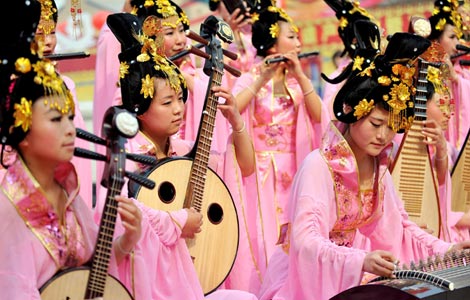
|
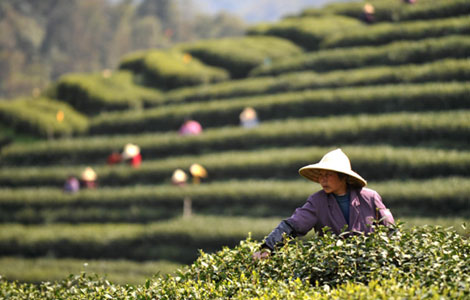
|
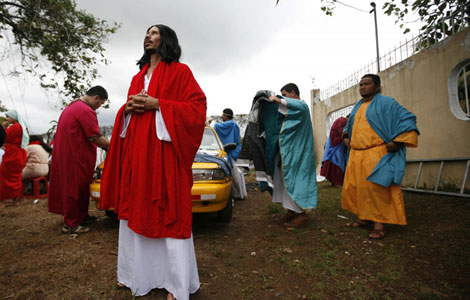
|

|
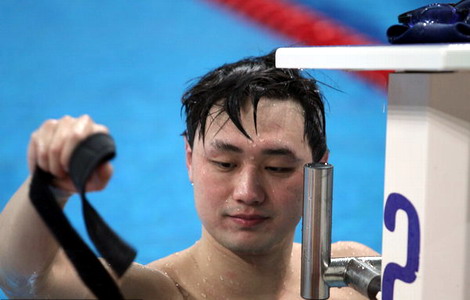
|

|